Dear Lunatics,
Last night, as thunder rumbled in the distance, I lay awake trying to decide whether or not to send my DNA to the moon.
For $129, a company called LifeShip will collect your cheek swab, extract your DNA, preserve it in synthetic amber, and send it aboard a lunar lander in 2023.
(It’s only an additional $70 to send your pet’s DNA, though I can’t stress enough the importance of using a separate swab.)
So what’s the point of this service, aside from the thrill of finally hitting the moon with your spit?
Well, according to LifeShip's website, "because the genetic time capsule is designed for the far future...[p]erhaps it will be found by a future civilization and used to recreate our planet as it is today. Our descendants could carry your code to the stars to seed a brand-new world.”
At first glance, adding your DNA to this “biobank” is an attractive Hail Mary pass at cheating death.
First of all, it’s considerably cheaper than cryogenic freezing, which will run you between $28,000 and $60,000.
And, for those of us striving for literary immortality, a 15-second swab is far less strenuous than a lifetime of putting pen to paper.
Because even authors who achieve fame aren’t guaranteed immortality.
As Samuel Johnson wrote in the 1750s, a few writers will be “oaks of towering height,” but most will turn out to be “flowers of transient fragrance.”
So far, Dr. Johnson’s literary fame has proved unkillable. He is so beloved that his hometown recently cloned his favorite tree. The town council took a cutting from the decaying 320-year-old willow and replanted it during a recent ceremony.
So why shouldn’t I just buy the kit and be done with it? If Keats’s name was “writ in water,” couldn’t mine be writ in saliva?
But then I remembered something else Dr. Johnson said—that public libraries were monuments of human vanity, their shelves stuffed with obscure authors who “are forgotten, because they never deserved to be remembered.”
What if LifeShip’s radiation-proof capsule bound for the moon is exactly like one of Dr. Johnson’s libraries—a stockpile of embarrassing drivel spewed by foolish egocentrics desperate to be remembered?
I would blush every time I looked at the moon.
Because there is something narcissistic about cloning.
Even Vladimir Putin —a man who releases yearly calendars with photographs of himself riding on horses while shirtless—thinks cloning is a touch vain.
In 2016, Putin was asked at a press event whether he had considered cloning himself to form a government comprised entirely of his duplicates.
You’d think that cloning would appeal to an autocrat—if only to guarantee the loyalty of his advisors and to establish an indisputable line of succession.
But Putin dismissed the idea, answering curtly, “No.”
Which is not to say that Putin is against the idea of cloning itself.
In fact, it was only a year ago when Putin’s Defense Minister announced Russia’s intention to clone an army of 3,000-year-old Scythian warriors, whose recently exhumed bones had been preserved in Siberian permafrost.
The Scythians, who established a sprawling empire over Central Asia between 900 BC and 200 BC, were ferocious warriors who fought on horseback and wore cloaks sewn from the scalps of their enemies.
(Given the dual name of tonight’s full moon, it’s a strange coincidence that the Scythians’ totem was the buck and they worshipped the god of thunder.)
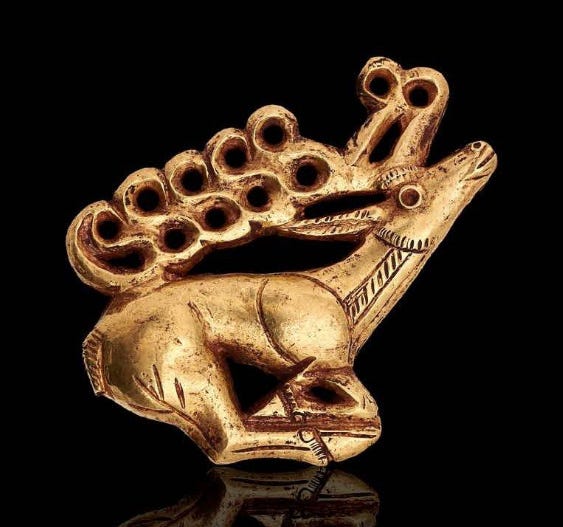
When we imagine the future of warfare, we typically imagine high-tech drones zapping each other out of the sky.
But maybe the future of combat is an ancient tribe of horse warriors charging a phalanx of resurrected woolly mammoths.
This may seem far-fetched, but in some ways, the future of DNA-based conflict is already here.
In February, when Putin hosted Emmanuel Macron at the Kremlin, he and the French president sat at opposite ends of a 20-foot table.
Was Putin playing an elaborate mind game?
Had he entered every dictator’s baroque, late-stage paranoia?
It turned out that Putin was social distancing from Macron, who had staunchly refused to take a Russian-administered Covid test.
According to Reuters, France didn’t want Russia to get its hands on a sample of Macron’s DNA.
Putin wasn’t in a position to object as he takes even more dramatic precautions while abroad.
Every time Putin uses the bathroom outside of Russia, an underling dutifully collects his excrement in a special container so that it can be flown back to Moscow in a suitcase.
I’m not sure if the suitcase is checked at the airport or carried on the plane, but either way, I imagine it’s handled with as much delicacy as Putin’s nuclear briefcase.
I suppose the question is, should we civilians guard our DNA as carefully as world leaders?
If we send a swab to the Moon, who’s to say we’re not conscripting our future clones to serve as expendable cannon fodder in an extraterrestrial army?
Sadly, I doubt my flat feet would get my clone rejected by an alien draft board.
Given our radically divergent upbringings, my clone wouldn’t really be me.
Yet I still feel an umbilical connection to my potential future copy.
What would he want me to choose?
To swab or not to swab, that is the question.
Eventually, after tossing and turning for hours, I gave up trying to sleep last night and fired up my computer.
Bleary-eyed, I stared at the new images captured by the James Webb Telescope.
Here are stars being born, and stars dying, and hundreds of squirming galaxies, on one of which my identical twin may someday dwell.
To send my DNA to the Moon would be a risk.
It would be like taking a cutting from a dying willow tree without knowing where it might be planted.
But isn’t birth always a gambit?
Isn’t existence worth the risk?
I went to the LifeShip website and selected a kit for “1 Human.”
My cursor hovered over the ORDER button.
It’s still hovering.
—WD
If you enjoyed this post, please consider subscribing (the newsletter is as free as looking at the Moon).
And if you already subscribe, please consider sharing this newsletter post with some friends. Thank you! 🚀





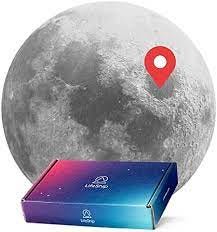


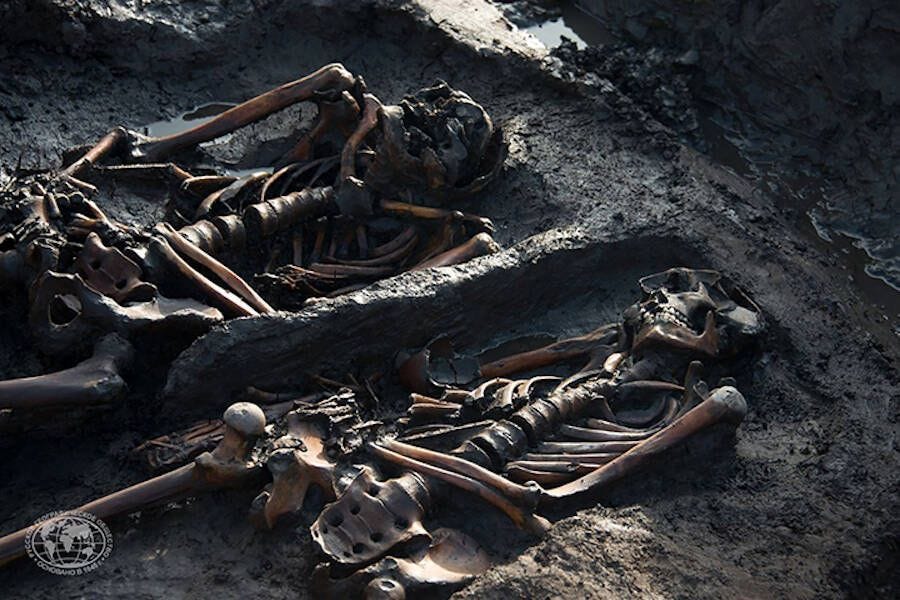
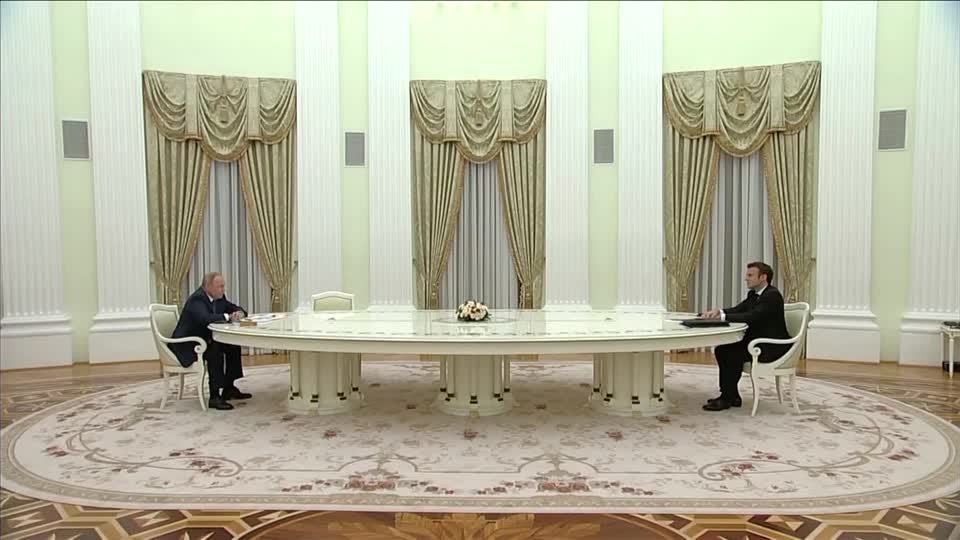
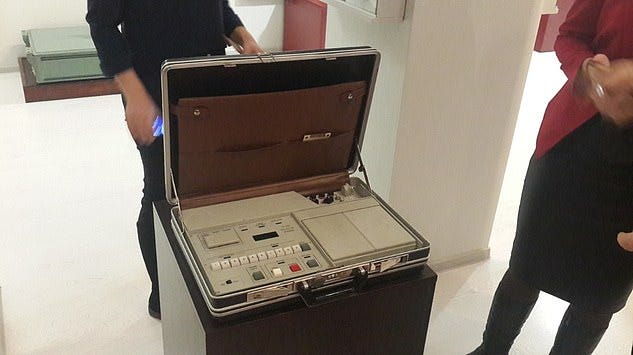

Ha! This is fantastic! Way to leave us hanging :)